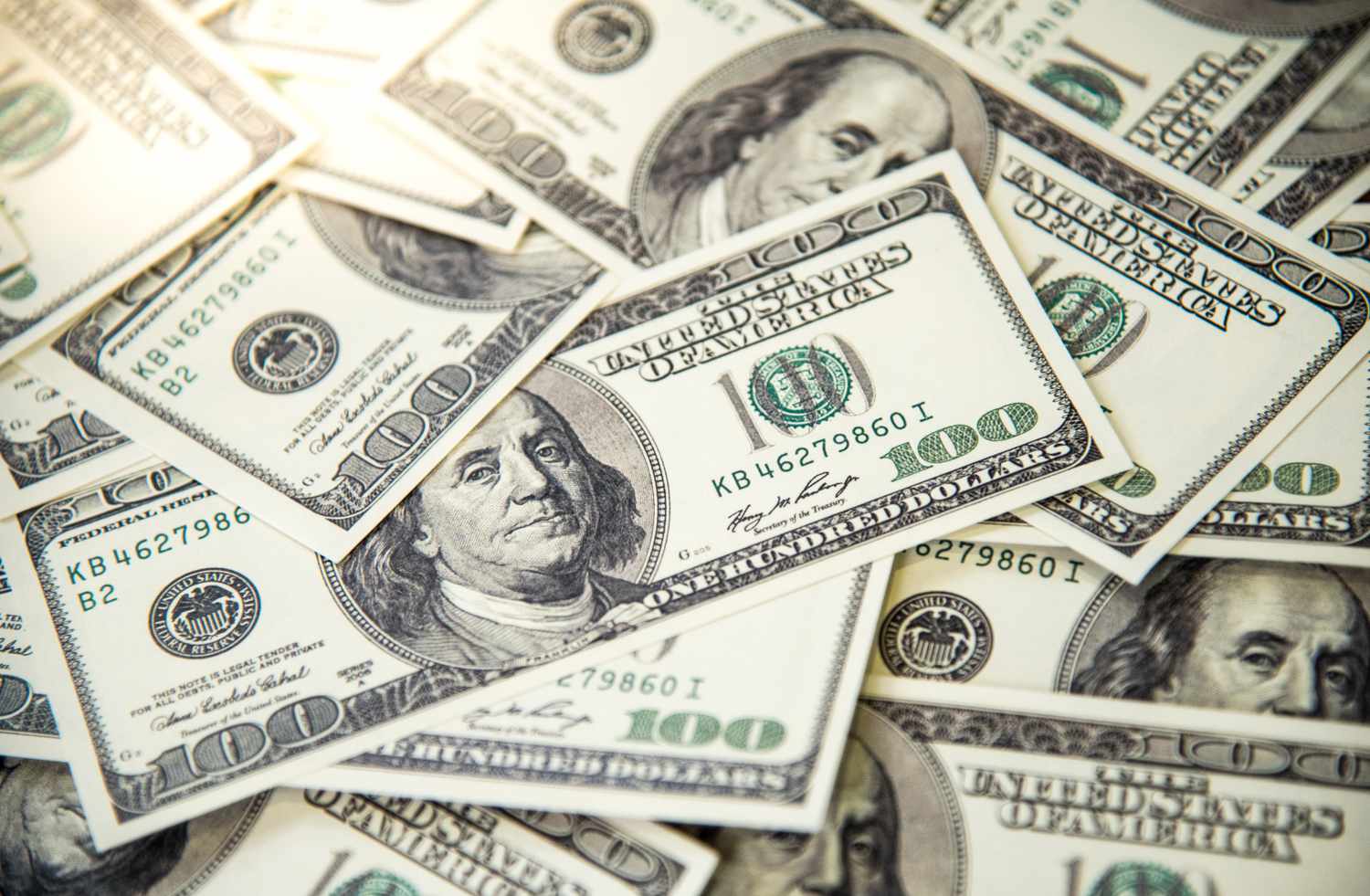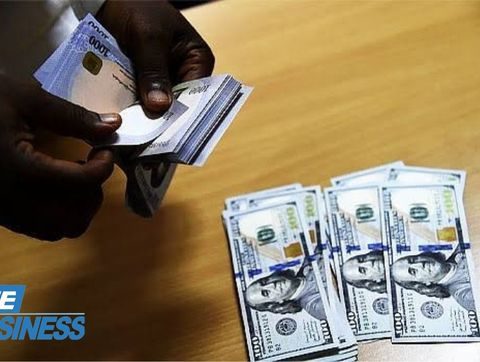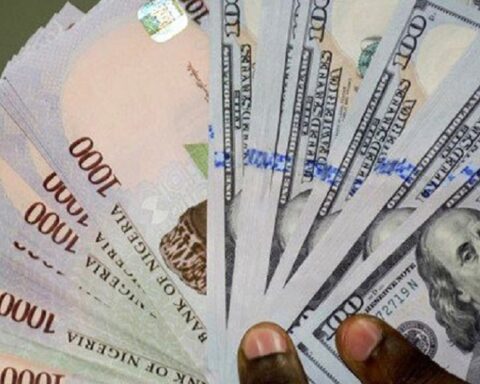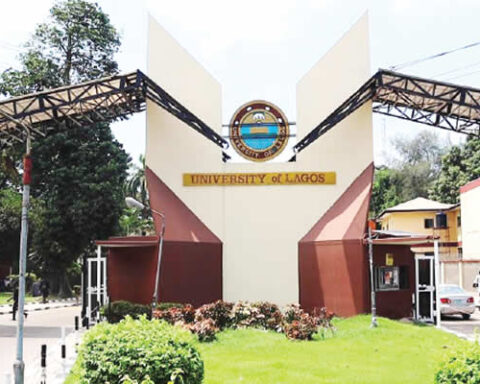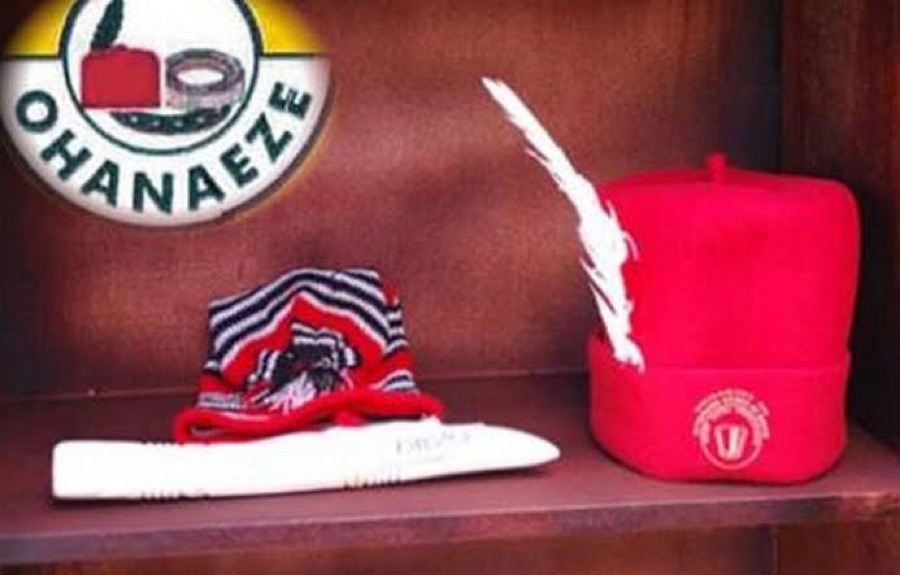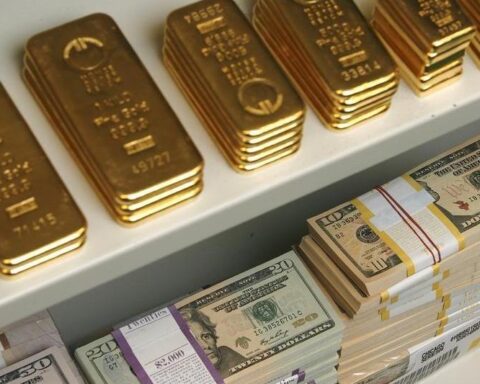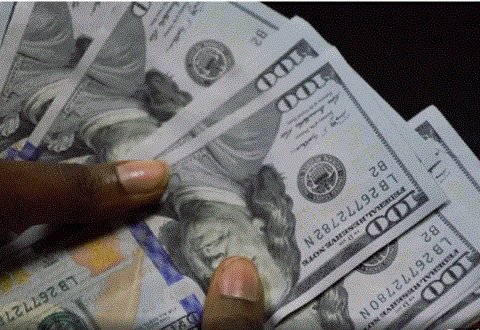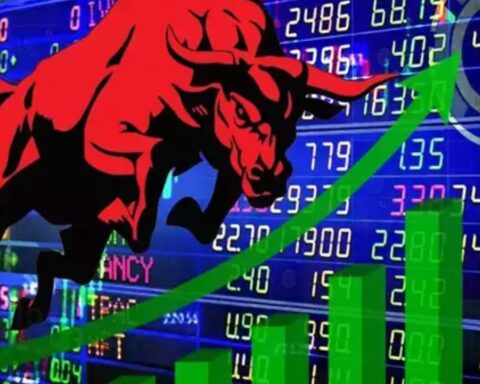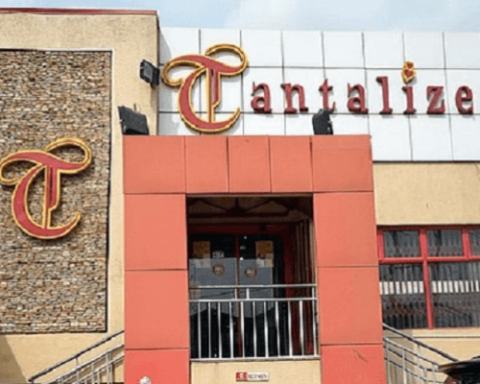A Bloomberg report highlights the intensifying dollar shortage across Africa, exacerbating economic crises in beleaguered nations. Governments are resorting to bartering, currency devaluation, and IMF assistance to stabilize their economies amidst soaring import costs and inflation.
The report presents distressing impacts, with Nigeria witnessing tripled drug prices, Zimbabwe’s retailers facing declining sales, and Malawi grappling with doubled staple food prices. This currency crisis not only burdens consumers and local businesses but also poses challenges for investors seeking stability and guaranteed returns.
Investors are rewarding countries alleviating dollar liquidity concerns, while nations struggling to secure needed currencies face repercussions. African currencies plummeted against the dollar, triggering concerns among investors about depreciating local currencies and difficulties in repatriating returns.
Despite higher domestic yields, foreign buyers remain hesitant, evident in Nigeria’s record 18 percent yield on its longest-dated naira bond, failing to entice foreign investment due to currency concerns.
Furthermore, nations like Zambia have experienced decreased foreign holdings due to liquidity issues, showcasing the pivotal role of foreign exchange access in investment decisions.
The dollar shortage led some countries like Egypt, Nigeria, and Angola to devalue their currencies. Kenya and Zambia faced currency depreciation, with Kenya’s shilling weakening to record lows against the dollar, pressuring its upcoming dollar-debt repayments.
Consequently, governments resort to domestic borrowing in shallow markets, raising borrowing costs as African sovereigns remain barred from international debt markets since April 2022. However, the IMF stepped in to support Kenya, injecting $938 million to bolster reserves before a significant eurobond maturity.
Meanwhile, nations with fewer pressing foreign-exchange needs and larger foreign reserves appear more appealing to investors. According to David Omojomolo, an Africa economist at Capital Economics, countries with less burdensome dollar debts and significant foreign reserves draw more investor interest, especially those who’ve made substantial FX adjustments.
However, the continent-wide dollar scarcity has plunged African economies into a struggle for stability, compelling governments to take extraordinary measures, while investors assess and favor nations exhibiting more financial resilience.
Dollar Scarcity In Africa Deepens Economic Woes, Prompting Drastic Measures
